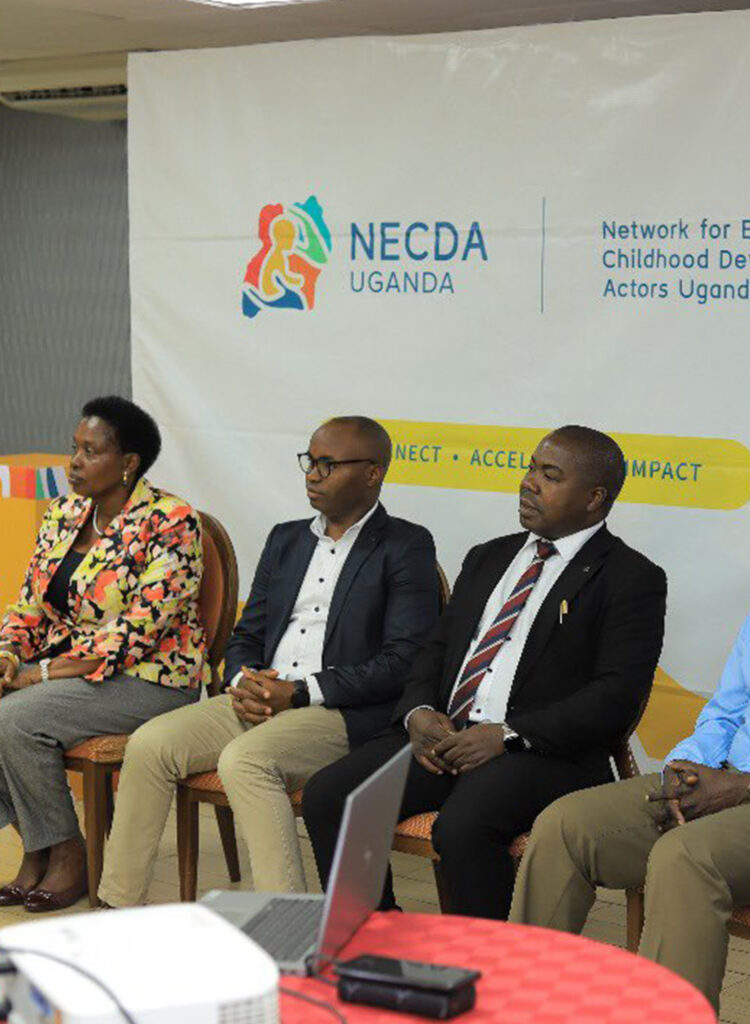When Cabinet approved the new Early Childhood Care and Education (ECCE) Policy in May 2024, it signaled a national commitment to the idea that the foundation for every child’s success; indeed, the country’s success, begins in the earliest years of life. The policy provides a clear framework for delivering holistic care and education from birth to five years, integrating learning, nutrition, health, and protection. It also outlines standards for service quality, professional development, and accountability across sectors. But as the policy takes root, one question remains: can we move from aspiration to action?
Global evidence overwhelmingly supports the case for investing early. Research by institutions like the World Bank shows that every shilling spent in the early years delivers up to ten times the return in later life through improved health, school readiness, productivity, and social stability. These benefits are not abstract. They are real, measurable, and urgent, especially for Uganda, where nearly half the population is under the age of 15. Delaying investment until primary school is not only inefficient; it is economically reckless.
Despite the clarity of the policy and the strength of the evidence, most Uganda’s children are still left behind. Only about one in six children is enrolled in an organized pre-primary programme, a statistic that has barely shifted over the past decade. Most ECCE centers remain privately run, clustered in urban areas, and financially out of reach for most families. Children in rural areas, informal settlements, and refugee communities face especially limited access. Without a rapid expansion of publicly supported and community-owned ECCE services, the policy risks deepening the very inequalities it seeks to address.
One of the most transformative aspects of the ECCE Policy is its focus on workforce professionalization. The new framework elevates the role of caregivers from informal ‘minders’ to respected early childhood professionals. This not only promises to improve the quality of care and learning but also addresses the high turnover and low morale that have plagued the sector. Recognizing and investing in those who nurture and educate our youngest citizens is among the smartest and most sustainable moves we can make.
While the government sets the policy direction, civil society has proven to be a powerful engine of innovation and implementation. Through the Network for Early Childhood Development Actors Uganda (NECDA), over 100 organizations have come together in thematic clusters; focusing on ECCE, Health and Nutrition, Parenting, Child Protection, and Research. These clusters are building collaboration, resource sharing, and joint advocacy to ensure the policy reaches every district and every child. Community-based models supported by NECDA members have shown that with local ownership and the right tools, quality early learning can flourish in churches, health centers, and even refugee settlements.
To make the ECCE Policy a reality, several priorities are emerging. First, Uganda must scale public–private partnerships to support and regulate grassroots centers that are already meeting minimum quality standards. Second, it must allocate dedicated financing for ECCE staff at the district level, ensuring that trained pre-primary teachers can be absorbed into the public system. And finally, we must begin tracking what matters: not just how many centers are built, but how many children are thriving; measured through simple, meaningful developmental indicators.
Investing in the early years is not only the right thing to do morally; it is the smartest thing we can do economically. Each year we delay, the learning gaps widen, and the costs of remediation grow. Uganda has the tools to turn its ECCE Policy into lasting impact. We must invest early, and wisely so that every child enjoys the future they deserve.




